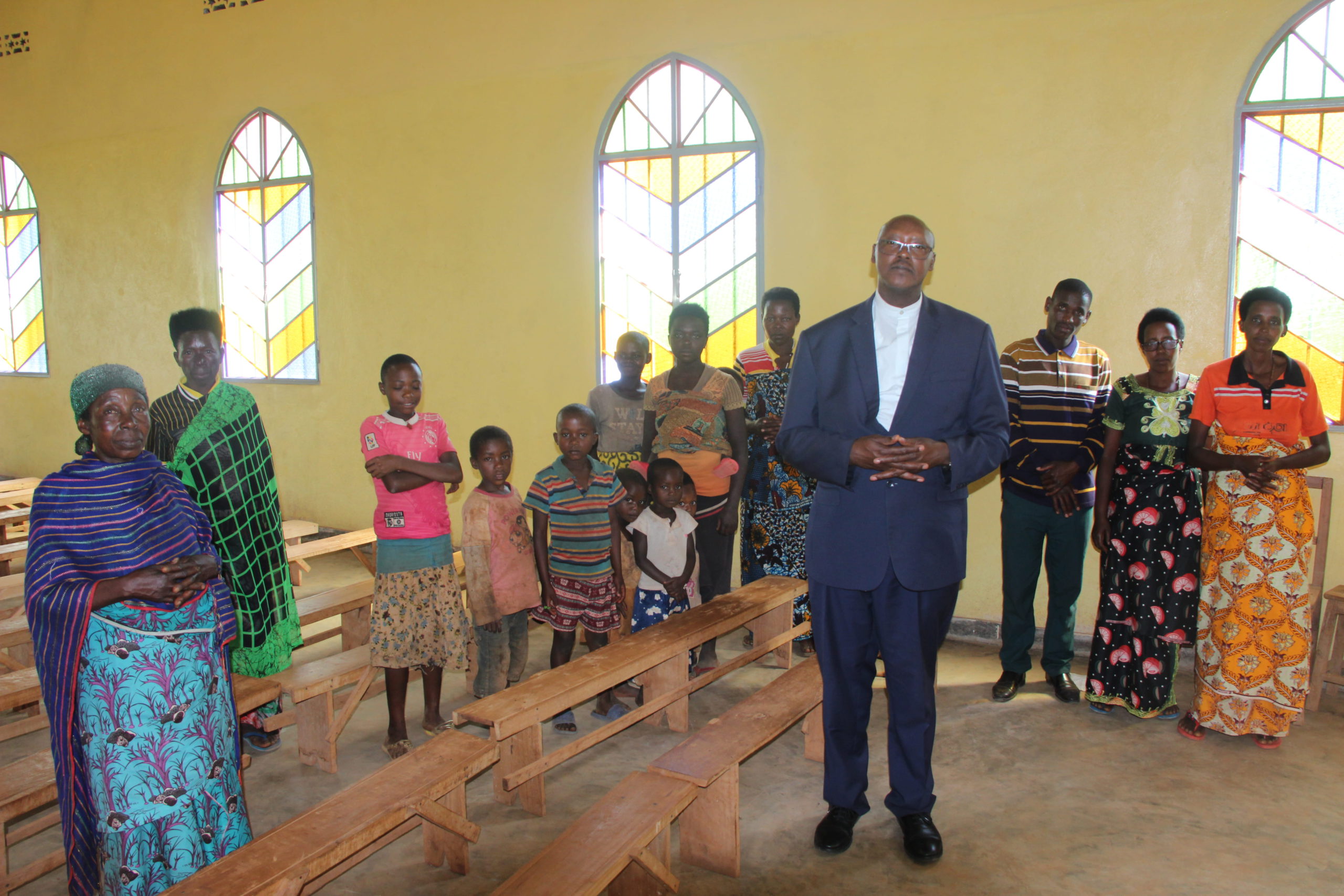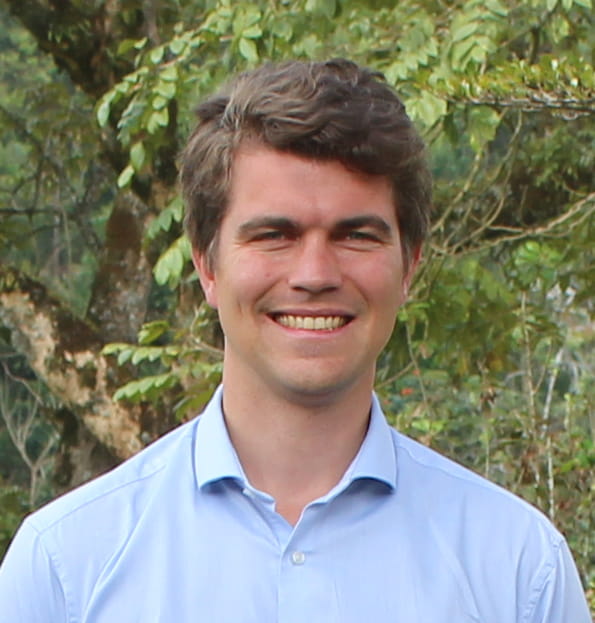Maxime François-Marsal, head of ACN projects for French speaking countries in Central Africa, recently returned from a trip to the Republic of Burundi, a small East African country bordered by Rwanda to the north, the Democratic Republic of Congo to the west and Tanzania to the south and east. In an interview Maxime François-Marsal speaks about the situation and ACN’s contribution to the development of the Church in the country.
How would you describe Burundi?
Burundi is a landlocked country located in the Great Lakes region. For at least 500 years the Twa, Hutu and Tutsi peoples have lived together in the territory of present-day Burundi. The differentiation between ethnic groups is very blurred, as they share the same language, the same religion and have similar customs. However, Burundi has been marked by a very painful history, littered with massacres, killings, social conflicts, and violence.

What is the religious situation in Burundi?
Religious feeling is very strong in Burundian society and freedom of religion is generally respected in the country. Christians make up more than 90% of society, and Christianity continues to grow up. Despite this, the Christian faith does not have deep roots in the country. For instance, many new religious movements have been born in Burundi, but such communities often lack knowledge about religious life and the Christian faith in general, which makes it a challenge. Having been evangelised barely a 125 years ago, society has not yet deeply embraced the Christian faith and still relies on customs and traditions derived from indigenous religions.
What struck you about these religious traditions?
Burundi still lives closely to its cultural roots. For example, to this day, the dead are feared, believing that their souls can affect the lives of the living. Also, the ritual dance with the royal drum, Burundi’s famous tradition of drumming, listed in the UNESCO Intangible Cultural Heritage list, symbolising fertility, regeneration, and respect for the monarchy, is also used in the liturgy. In addition, in Burundi drumming is a symbol of recognition, so it is not unusual for tabernacles to be placed on drums. What’s more, when the President of Burundi visited the Holy See, his gift to the Pope was a drum.
How do Christians experience their religious life?
People willingly gather in small Christian groups to pray and help each other. In time, the prayer groups grow into a larger community that decides it needs a place for worship and starts building a church with its own hands. During my trip to Burundi, I visited such a church built by the hands of the faithful. It inspirated me a lot, that although Burundi is one of the poorest countries in the world with more than 80 percent of the population living in poverty, its people are very generous and committed to the church and they eager for religious experiences to change their daily lives.
How broad is the mission of the Catholic Church in Burundi?
Two-thirds of Burundi’s Christians identify as Catholic. Burundi is structured into eight dioceses, two of which are vacant. There are four major seminaries in the country, and another one is currently being built in the Diocese of Bubanza, with the help of ACN. In recent years, Burundi has been experiencing a peak in vocations to the consecrated life and priesthood. There is a large number of applications to the seminary, increasing year to year. However, due to the poor economic situation, the seminaries are unable to accept all the candidates, so the number of new applicants is limited to thirteen.
Several female congregations are successfully ministering in Burundi. The first local female congregation, the Bene Terezya sisters, has already become a congregation of pontifical rights. The Schoenstatt Sisters of Mary and the Schoenstatt Fathers have been working in Burundi since the sixties. They all strengthen education for children and young people, teach the basics of catechism, organise sports and cultural activities and bring about real change in society.
On a pastoral level, what do you think are the main challenges in the country?
Since Burundi gained independence in 1962, there have been three genocides as a result of violent conflicts between the Hutu and Tutsi population groups.
In March 2022, during his visit to Pope Francis at the Vatican, the President of the Republic of Burundi, Mr. Évariste Ndayishimiye acknowledged that the Catholic Church had played a major role in the peace process and reconciliation of the Burundian people, and these efforts have borne the fruits of a fragile peace.
Prospects for religious freedom remain unchanged, but internal tensions and external circumstances risk affecting all human rights. Particular attention must therefore be paid to the education and formation process of those who will be the actors of the life of the Church and of development in the country.
What is ACN’s contribution to the life of the country?
Over the past ten years, ACN has contributed to more than 200 projects in Burundi, with a special focus on the formation of priests, religious sisters, the training of catechists, as well as on supporting various pastoral activities. This commitment will continue in the future.
However, there is a growing threat of violence for political reason within the country. In Burundi, there is a climate of distrust everywhere, even among friends and families. I was told that people never invite their friends to their homes, because they fear that they could then know their house and hunt them down whenever the next civil war starts. This means that there is a climate of distrust everywhere, even among friends and families. For this reason, ACN supports projects to promote and safeguard Catholic families. Our action is directed at spreading the Good News within people’s hearts, so that they can resist the temptation of violence.


